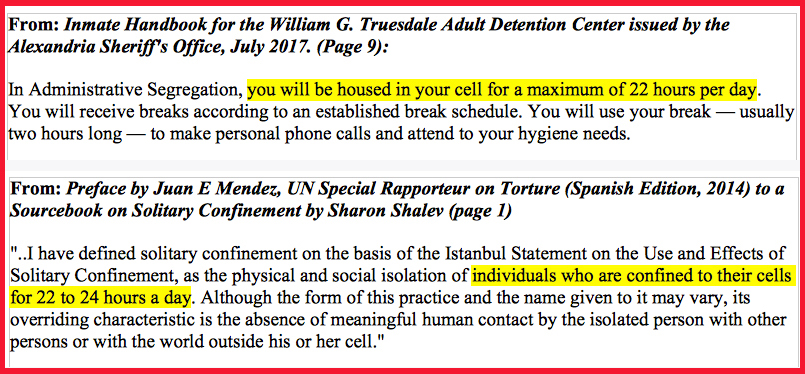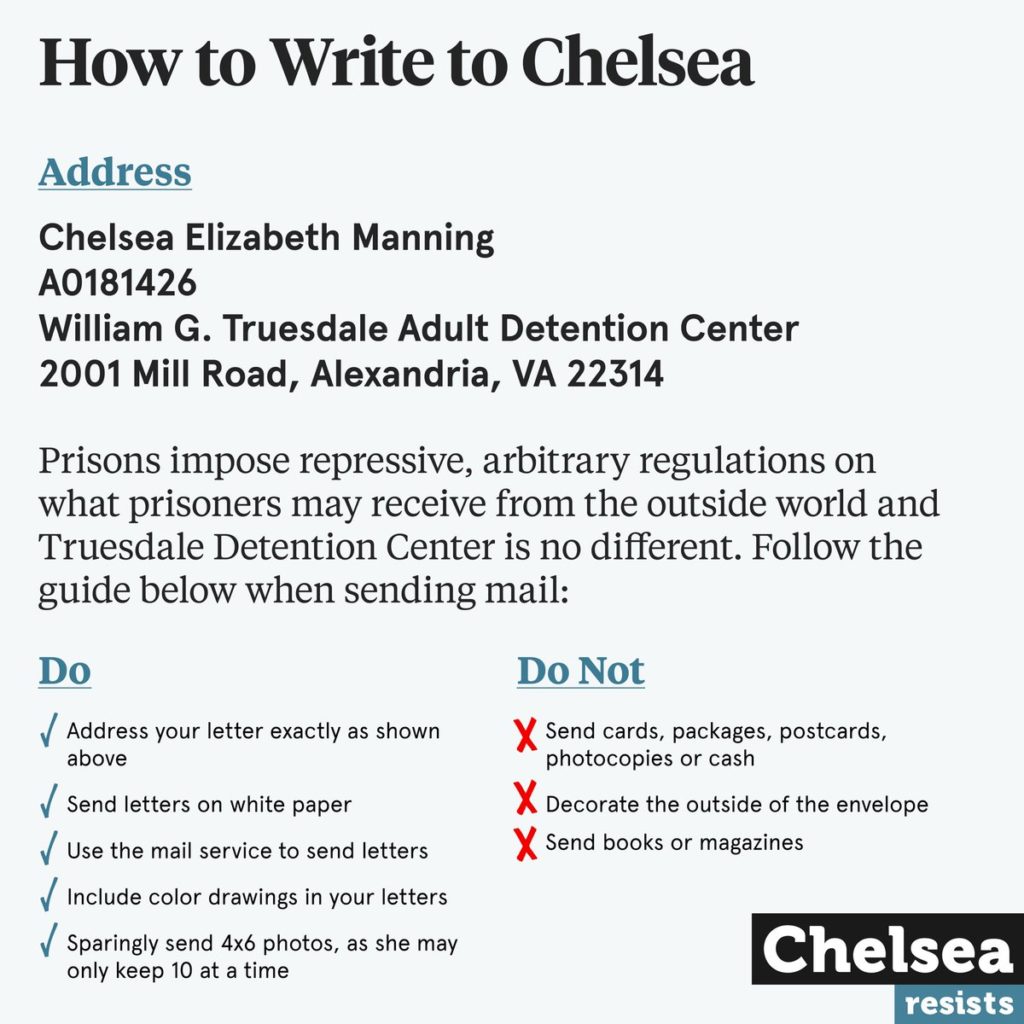 New Interview with Tracy Rosenberg of Oakland Privacy and the Aaron Swartz Day Police Surveillance Project (ASDPSP) about Berkeley’s delay in implementing its Surveillance Policy.
New Interview with Tracy Rosenberg of Oakland Privacy and the Aaron Swartz Day Police Surveillance Project (ASDPSP) about Berkeley’s delay in implementing its Surveillance Policy.
Come to our premiere “First Fridays” event in Berkeley on September 6th, 6-7:30pm: A Raw Thought Surveillance Salon (use the discount code “AaronSwartzDay” for a super-discounted ticket :-) TICKETS
The bottom line is that, in July 2017, although several members of the city council promised that the data collected by Berkeley’s license plate readers would never be shared with law enforcement, some badly worded language was also approved, during the same meeting.
That same bad language (for regulating license plate reader data) is now in danger of being accepted as part of the new Surveillance Policy – not as a placeholder until the policy is implemented (as we previously stated).
Turns out that the Oakland Privacy and the ACLU had to write a letter to the City of Berkeley earlier this year, threatening to sue the city, if the city council did not start “creating draft policies & putting them through the approval process.” So, this latest attempt of pushing through bad language from two years ago is just the city council making good on its word of getting started. ^_^
The problem is that we really need to start from scratch writing Berkeley’s surveillance policy, not pick up where we left off, using the bad language proposed in July of 2017.
From the Interview:
ASDPSP: So, in March of 2018, Berkeley passed a surveillance transparency ordinance. The ordinance required that a surveillance policy framework be put in place, similar to the one that currently exists for the City of Oakland (note that the Alameda County Sheriff’s Department is excluded), and is in the process of being put in place for the City of San Francisco.
Tracy: Correct.
ASDPSP: And to date, after a year and a half, a surveillance use policy framework for the data collected by Berkeley’s automated license plate readers has still not been put into place by the City Council?
Tracy: Correct.
ASDPSP: And the reason for this is that that process has been delayed by certain members of the City Council, such as Dee Williams-Ridley, the City Manager, and also by Berkeley Police Chief Greenwood?
Tracy: Yes. They have not been quick to get things moving.
In July of 2017, the City Council (with 3 dissenting votes) expanded the City’s license plate reader “pilot program” by adding 15 additional readers and making the program permanent.
But at that meeting, the purpose of the ALPR equipment was clearly defined as parking enforcement and the issuing of parking citations.
ASDPSP: So we have basically been using the honor system, and have no guarantees that the data won’t be handed over to law enforcement agencies in the future, since there is still no specific policy in place ensuring that parking is the only way that the data will be used? And without a policy in place, there are loopholes allowing the cops to use the data in other ways?
Tracy: Yes, at a Police Review Commission subcommittee meeting on August 7th, a proposed license plate reader policy included some very broad permanent additions for the way that law enforcement can use the data, such as “Supporting a patrol operation or a criminal investigation” and “Canvassing license plates around any crime scene.”
Also proposed was authorizing sharing the data with any outside law enforcement or prosecutorial agency for any official law enforcement purpose (absent federal immigration enforcement officials).
ASDPSP: Whoa. Hold on there. That’s exactly how we don’t want license plate readers to be used.
Tracy: Yup. Certainly at a minimum, not parking. And pretty much the way most law enforcement agencies currently use license plate readers. For broad law enforcement purposes without probable cause or reasonable suspicion.



